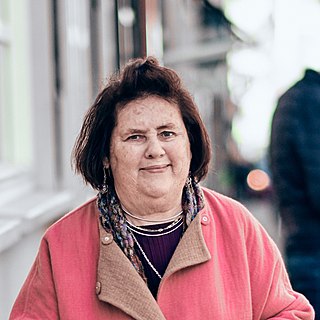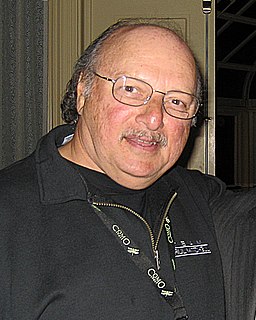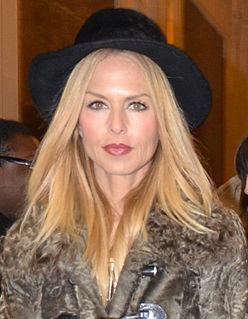A Quote by Virgil Abloh
People, when they say 'streetwear,' they miss the central component, which is that it's real people; it's clothes that are worn on the street.
Related Quotes
Who ever saw his old clothes, - his old coat, actually worn out, resolved into its primitive elements, so that it was not a deed of charity to bestow it on some poor boy, by him perchance to be bestowed on some poorer still, or shall we say richer, who could do with less? I say, beware of all enterprises that require new clothes, and not rather a new wearer of clothes.
You've got the people you know, which are problematic. Always. They're rich but they're also real people living their lives alongside you. Then you've got the people that you make-up completely, who are often missing a dimension if they don't have some reference to real people. So strangers exist in this in-between space, where in not knowing them, you are creating a fiction for them, even in passing, but at the same time, there they are, with their actual bodies and their actual clothes. It's totally enticing.
Mubarak would meet with me when I was at Central Command. He would lean and put his hand on my knee, as if a father figure, and say, 'General, don't ever forget the Arab Street. Listen to the Arab Street.' I'd like to go to him now and say, 'Mr. President, what about that Arab Street, what's that all about?'







































